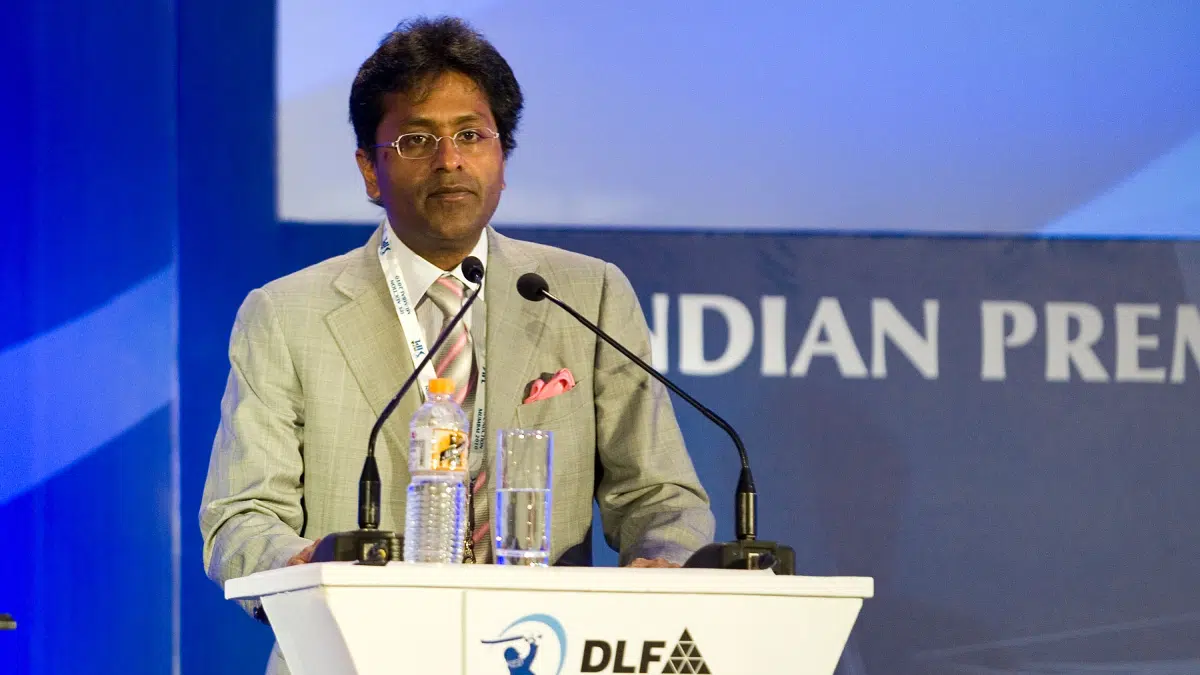The Genesis of the IPL: A Game-Changing Concept
In 2007, the Board of Control for Cricket in India (BCCI) conceived the idea of the Indian Premier League (IPL). Spearheaded by a group of visionary leaders, the IPL has since transformed the landscape of cricket and become a global phenomenon.
The Founders: Visionaries Who Revolutionized Cricket
Lalit Modi: The Architect of the IPL
Lalit Modi is widely regarded as the primary force behind the inception of the IPL. As the then-Vice President of the BCCI, he envisioned a fast-paced, action-packed version of cricket that would captivate fans worldwide. Modi’s innovative ideas and marketing acumen were instrumental in making the IPL a colossal success.
BCCI’s Strategic Think Tank
The BCCI’s leadership, including then-President Sharad Pawar, Secretary Niranjan Shah, and Treasurer N Srinivasan, played crucial roles in the formation and growth of the IPL. Their combined experience and deep understanding of cricket administration provided the necessary support to propel the IPL to new heights.
The IPL Story: From a Bold Idea to a Global Phenomenon
A Paradigm Shift: The Birth of the T20 Format
The introduction of the Twenty20 (T20) format was a game-changer for cricket. Its fast-paced nature, high-scoring games, and thrilling finishes breathed new life into the sport, catapulting it to unparalleled popularity. The IPL founders seized this opportunity to create a unique cricketing experience that blended entertainment and sportsmanship.
Franchise-Based Model: A Winning Strategy
One of the most significant innovations introduced by the IPL founders was the franchise-based model. The league consists of eight to ten privately-owned teams representing various Indian cities. This model has not only increased fan engagement but also brought in substantial revenue through sponsorship deals, merchandise sales, and broadcasting rights.
IPL’s Global Impact: Changing the Face of Cricket
A Platform for Emerging Talent
The IPL has provided a global stage for young cricketers to showcase their skills and attract the attention of national selectors. Many players, such as Hardik Pandya, Jasprit Bumrah, and Ravindra Jadeja, have used the IPL as a springboard to launch successful international careers.
A Convergence of International Stars
IPL’s competitive nature and lucrative contracts have attracted the world’s top cricketers, including legends like Shane Warne, AB de Villiers, and Chris Gayle. This melting pot of talent has not only raised the standard of cricket but also fostered camaraderie among players from different nations.
Boosting the Indian Economy
The IPL has contributed immensely to the Indian economy by generating employment, driving tourism, and attracting foreign investment. According to a 2019 report, the league’s economic impact is estimated at around $6.3 billion annually.
The Future of IPL: Evolving with Time and Technology
Technological Advancements Enhancing the Viewer Experience
The IPL has always been at the forefront of adopting new technology to enhance the viewer experience. Innovations such as Hawk-Eye, Spidercam, and LED stumps have not only made the game more engaging but also improved the accuracy of umpiring decisions.
Expansion and Diversification: IPL’s Roadmap for Growth
The IPL’s continued success has led to discussions around expanding the league further, both in terms of the number of teams and extending its reach to more international markets. Additionally, the IPL has set its sights on exploring new avenues, such as the introduction of a women’s league and tapping into the eSports market.
In Conclusion: A Tribute to the IPL Founders
The IPL founders’ vision and relentless pursuit of excellence have transformed cricket into a global spectacle. The league’s success can be attributed to their innovative ideas, strategic planning, and unwavering commitment to providing a world-class experience for players and fans alike. As the IPL continues to evolve and break new ground, it stands as a testament to the founders’ ingenuity and their lasting impact on the world of cricket.

